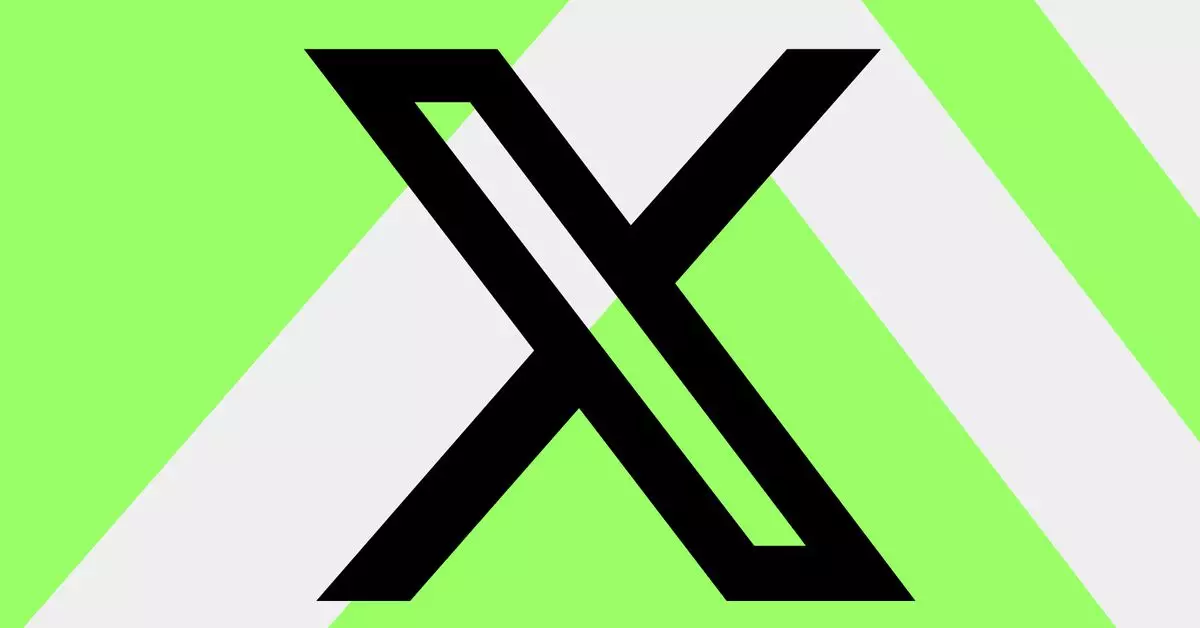Recently, Brazilian social media enthusiasts have found a glimmer of hope as reports suggest that the platform X, formerly known as Twitter, may soon resume operations in Brazil. This potential shift follows a tumultuous few weeks during which X faced significant legal obstacles that culminated in a nationwide ban. The Brazilian Supreme Court took a firm stance against the social media giant, ordering the removal of certain accounts perceived as threats to the nation’s democratic fabric. While the directive raised questions around censorship and freedom of expression, it also brought to light the complexities of international tech company accountability.
Significant Developments in the Case
According to reliable sources, including the New York Times, X’s legal team has navigated this precarious situation by acquiescing to the Brazilian court’s orders. The platform’s lawyers have communicated that the company followed through on specific demands from Brazilian authorities—a move that runs counter to Elon Musk’s earlier assertions of unwavering advocacy for unfiltered speech. X’s compliance included taking down targeted accounts, paying prescribed fines, and appointing a new formal representative in the country. Despite this cooperation, it remains to be seen how this shift will influence public perception of the platform, especially among its staunch supporters who prioritize the principles of free speech.
A pivotal moment in this saga occurred when X enlisted a fresh legal team in Brazil just days before the recent filing. This strategic move marked a significant departure from previous efforts, consolidating X’s approach towards resolving its legal entanglements. With a directive from the Supreme Court stipulating a five-day compliance period, the urgency of the situation heightens. The newly appointed legal representation is tasked not only with addressing the current mandates but also with reestablishing X’s foothold in the Brazilian digital landscape, a market that is not only populous but also culturally vibrant.
The dichotomy presented by X’s actions poses critical questions surrounding the balance between free speech and responsible content moderation. Elon Musk’s commitment to free expression has often found him at odds with the expectations of governance and societal norms in countries like Brazil, where political pressures are particularly acute. The ban’s intricacies illustrate the challenge tech companies face when navigating foreign legal frameworks while maintaining their operational ethos.
As X prepares to comply with a Brazilian court order, one thing remains clear: the road to re-establishing its presence in Brazil will require careful negotiation between the ideals of free speech and the realities of legal accountability. While many users await the platform’s potential resurrection, the lasting implications of these developments will ripple across both digital and political spheres. The Brazilian case exemplifies the ongoing struggle for tech companies to balance their corporate philosophies with the regulatory demands of the nations in which they operate, sparking a debate that is likely to continue in the ever-evolving landscape of global social media.

